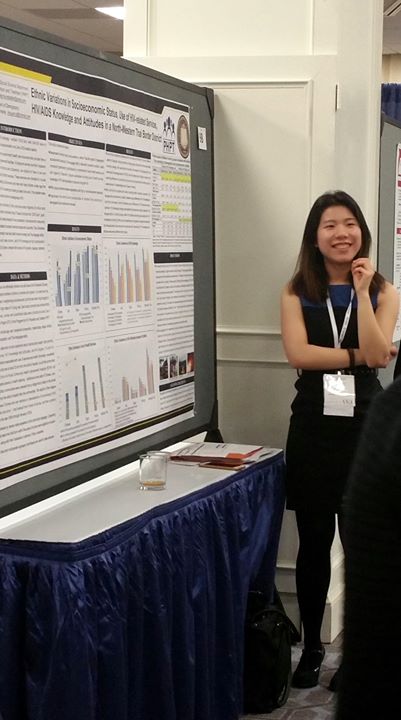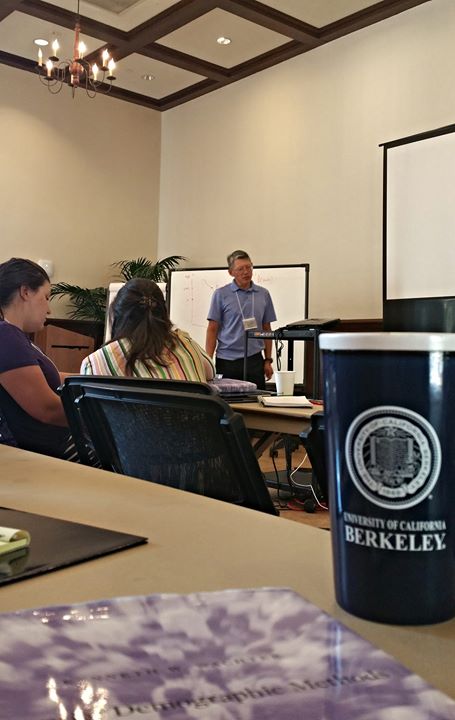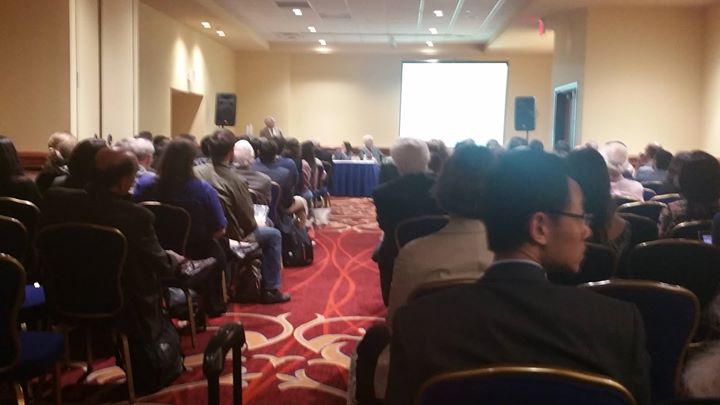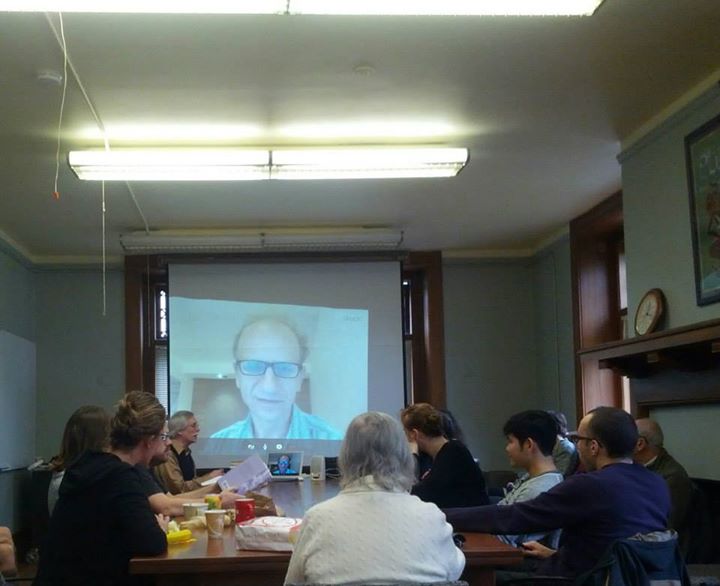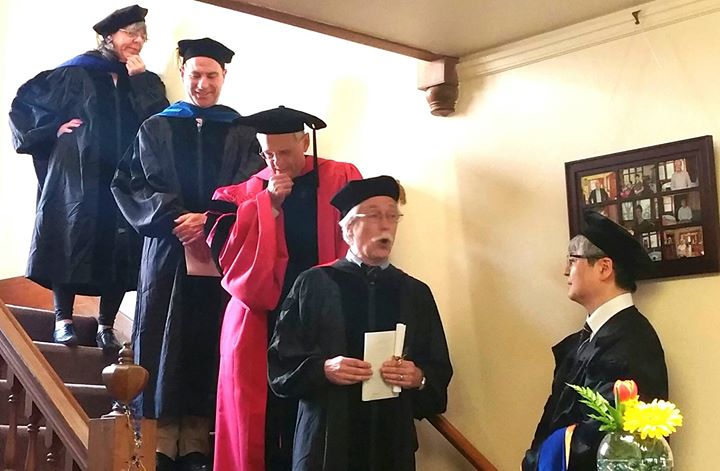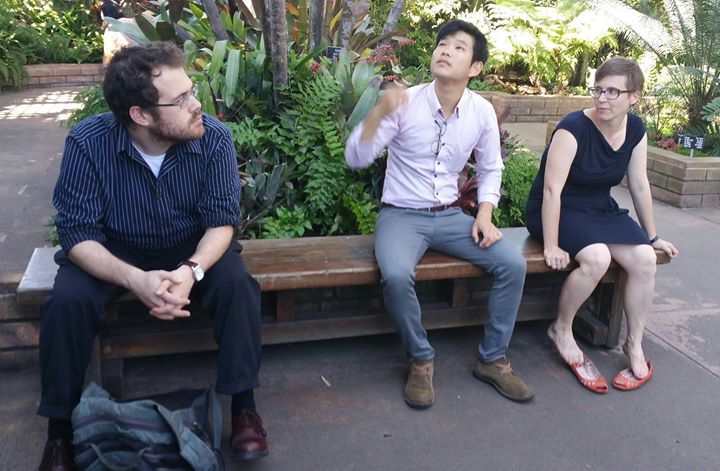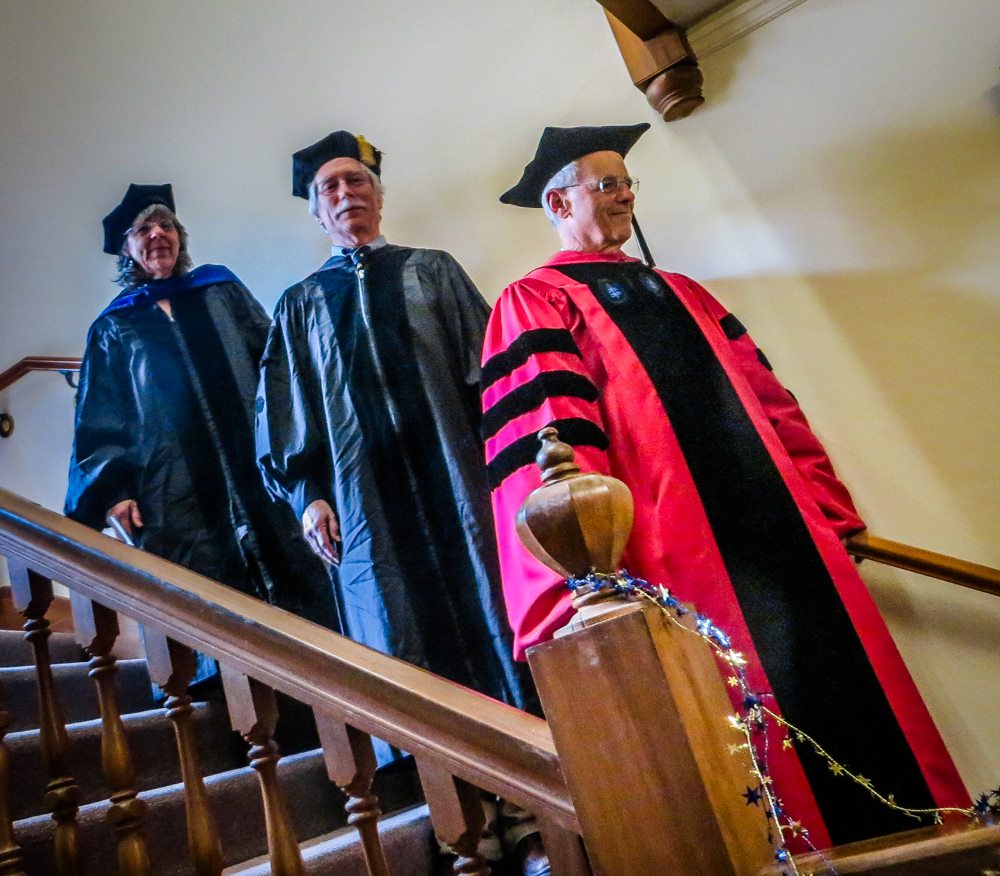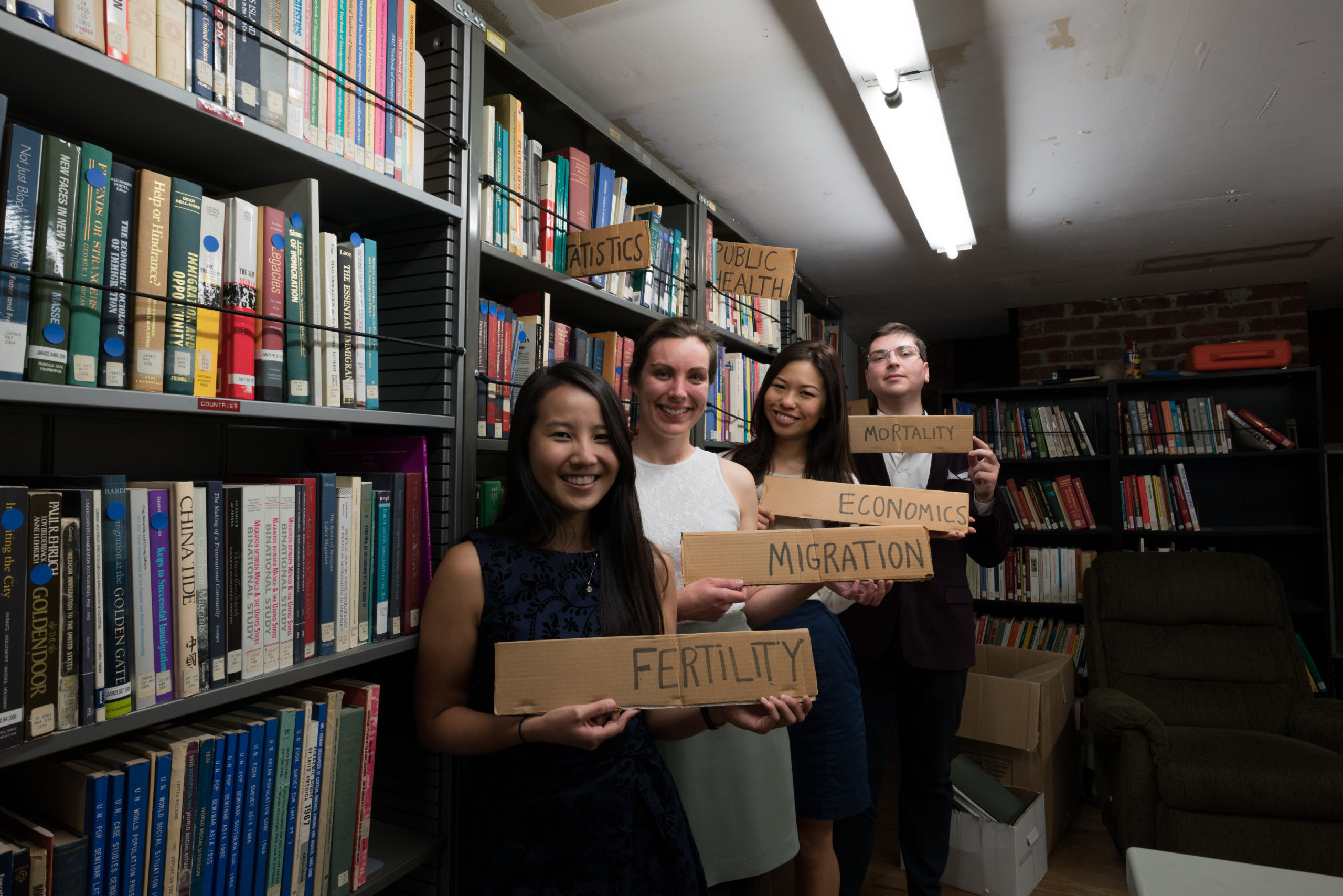Graduate Program
UC Berkeley Demography offers three graduate degree tracks independently and in conjunction with the department of Sociology.
Ph.D. in Demography
The doctoral program is intended to provide advanced training in demography, with particular attention to research and theoretical issues.
Graduate Group in Sociology and Demography (GGSD)
The purpose of this Ph.D. program, administered by the Graduate Group in Sociology and Demography (GGSD), is to foster intellectual exchange between graduate students and faculty in the two disciplines, and to improve the competitiveness of graduate students with interests in both sociology and demography on the academic job market.
Master of Arts in Demography
The terminal Master’s program is intended to provide training for those interested exclusively in the M.A. in Demography and for those who will acquire the degree in addition to a doctoral degree in another subject. Applicants interested in earning a Ph.D. in Demography should apply directly to the Ph.D. program, whether or not they already hold a Master’s degree.
Occasionally students holding or earning a Master’s degree in another subject may wish to earn an M.A. in Demography as well. They may do so provided that there is no overlap between the courses used to satisfy the requirements for the two degrees. Individuals holding a Master’s degree in Demography from another institution (even if under a different title, like Population Studies) cannot earn an M.A. in Demography at UC Berkeley.
Common First-Year Curriculum
The first-year curriculum is designed to introduce all graduate students to the essentials of demographic theory and methods. Therefore, students on all three degree tracks begin by completing a set of required courses in the first year as outlined below. Students in the doctoral program take the same curriculum in the first year as Master’s students and sit for the same written examinations, which they must pass at a level commensurate with the requirements of the doctoral program. All first-year courses, with the exception of DEMOG 213, must be taken on a letter-grade basis.
Fall semester
| Course Number | Description | Units |
|---|---|---|
| DEMOG 110 | Demographic Methods: Introduction to Population Analysis | 3 |
| DEMOG C126 OR DEMOG 200 | Sex, Death, and Data OR Social Demography: Population, Culture, and Society | 4 |
| DEMOG 210 | Demographic Methods: Rates, Structures, and Models | 4 |
| DEMOG 213 | Computer Applications for Demographic Analysis: Introduction to Computing for Demographers | 2 (taken for S/U) |
Spring semester
| Course Number | Description | Units |
|---|---|---|
| DEMOG C175 | Economic Demography | 4 |
| DEMOG 260 | Special Topics in Demography (topics vary) | 4 |
| Electives | Graduate-level courses in Demography or other disciplines relevant to the student’s research interests | Min. 7 (taken for letter grades) |
| TOTAL | Min. 24 units |
Toward the end of the Spring semester of the first year, students take an M.A. Qualifying/Ph.D. Preliminary Exam. This M.A. exam is a written test of fluency in demographic theory, methods, and substance. The exam consists of two 3-hour long sessions, one devoted to methods and the other to substance and theory. Although all of the content included on the M.A. exam is covered in the required courses, the exam is not a simple repetition of course exams. Instead, students are required to demonstrate the ability to synthesize forms of knowledge acquired in different courses and to think critically about the assumptions and implications of demographic models. Non-circulating copies of old exams are available in the Sharlin Library and are now also available on-line to Demography students.
Upon the successful completion of the first-year coursework and the M.A. exam, students earn their Master’s degrees in Demography. Students in the doctoral programs continue on their respective tracks, fulfilling the requirements for advancement to candidacy and submitting their dissertations.
Demography Ph.D. Degree Requirements
Sociology and Demography Ph.D. (GGSD) Requirements
Comprehensive list of Sociology and Demography Ph.D. Program requirements 2023

